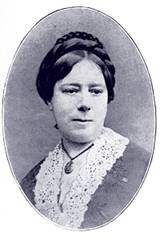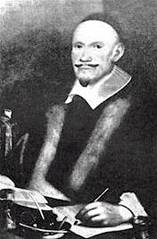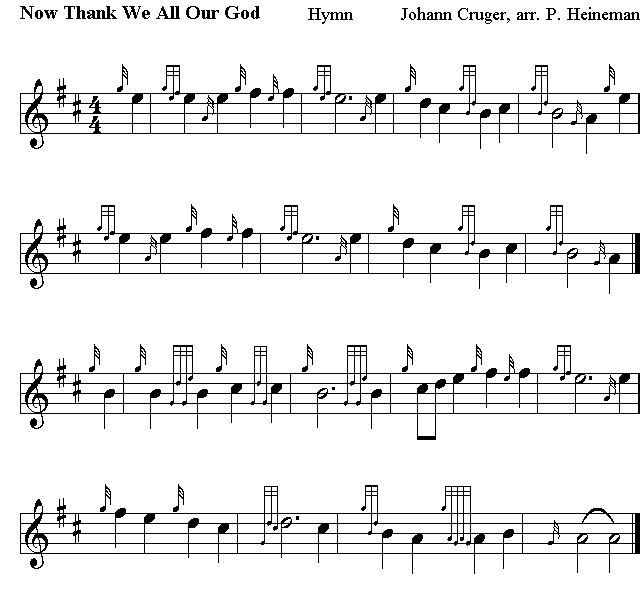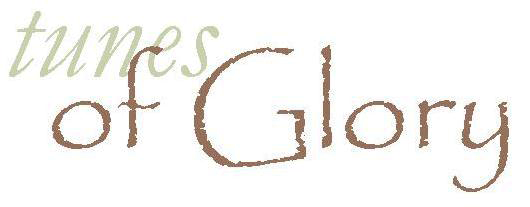
Best viewed in
Internet Explorer
Music (PDF)
Midi
Music (BMW)
Back to

Updated
09/04/2020 |
Now Thank We
All Our God

Katherine Winkworth |
Martin Rinkart, a Lutheran minister, was in Eilenburg,
Saxony, during the Thirty Years’ War. The walled city of
Eilenburg saw a steady stream of refugees pour through its
gates. The Swedish army surrounded the city, and famine
and plague were rampant. Eight hundred homes were destroyed,
and the people began to perish. There was a tremendous
strain on the pastors who had to conduct dozens of funerals
daily. Finally, the pastors, too, succumbed, and Rinkart
was the only one left—doing 50 funerals a day. When the
Swedes demanded a huge ransom, Rinkart left the safety of
the walls to plead for mercy. The Swedish commander,
impressed by his faith and courage, lowered his demands.
Soon afterward, the Thirty Years’
War ended, and Rinkart wrote this hymn for a grand
celebration service. It is a testament to his faith that,
after such misery, he was able to write a hymn of abiding
trust and gratitude toward God.
The words were translated into English by Catherine Winkworth.
Winkworth lived most of her life in Manchester, England. The
notable exception was the year she spent in Dresden,
Germany. Around 1854, she published Lyra
Germanica, containing numerous German hymns
translated into English. She went on to publish another
series of German hymns in 1858. In 1863, she came out with
The Chorale Book for England, and in
1869, Christian Singers of Germany.
More than any other single person, she helped bring the German
chorale tradition to the English speaking world. |

Johan Crügar |
The words are set to the tune, Nun Danket attributed to
Johann Crüger.
Johann Crüger (April 9,
1598 – February 23, 1662) was a German composer of
well-known hymns.
Crüger was
born in Groß Breesen (now part of Guben) as the son of
an innkeeper. He studied at the Lateinschule in Guben
until 1613, after which he traveled to Sorau and Breslau
and finally to Regensburg, where he received his first
musical training from Paulus Homberger. In 1615 he
traveled to Berlin, where he studied theology at the
Berlinisches Gymnasium zum Grauen Kloster. From 1620 he
studied theology at the University of Wittenberg and
trained himself further in music through private study.
From 1622 to his death, a period of 40 years, he was
simultaneously a teacher at gymnasium Zum Grauen
Kloster and cantor of the Nikolaikirche in Berlin.
Crüger
composed numerous concert works and wrote extensively on
music education. In 1643 he became acquainted with the
famous hymn writer Paul Gerhardt, for whom he wrote the
music for various hymns. In 1647 he edited the most
important German Lutheran hymnal of the 17th century,
Praxis pietatis melica.

Lyrics by Martin Rinkart
Now thank we all our God, with
heart and hands and voices,
Who wondrous things has done, in Whom this world rejoices;
Who from our mothers’ arms has blessed us on our way
With countless gifts of love, and still is ours today.
O may this bounteous God through
all our life be near us,
With ever joyful hearts and blessèd peace to cheer us;
And keep us in His grace, and guide us when perplexed;
And free us from all ills, in this world and the next!
All praise
and thanks to God the Father now be given;
The Son and Him Who reigns with Them in highest Heaven;
The one eternal God, whom earth and Heaven adore;
For thus it was, is now, and shall be evermore.
|




